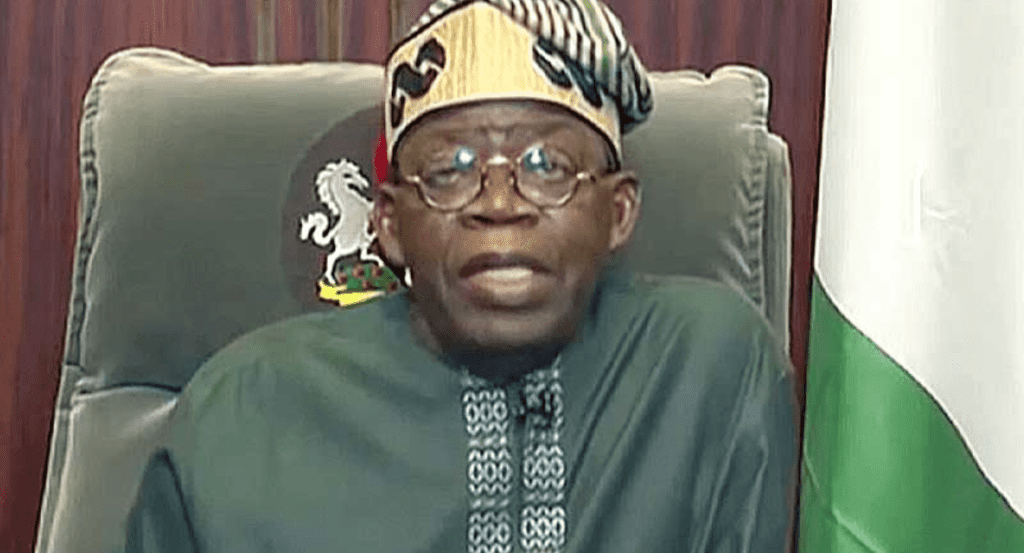Tinubu Declares State of Emergency in Rivers State
President Bola Tinubu has declared a state of emergency in Rivers State due to escalating political tensions. He made this announcement during a nationwide broadcast on Tuesday. The decision suspends Governor Siminalayi Fubara, Deputy Governor Ngozi Odu, and all elected members of the House of Assembly for six months.
Why Tinubu Declared a State of Emergency in Rivers State
The state of emergency in Rivers State follows a prolonged power struggle between the governor and lawmakers. This conflict has destabilized governance and threatened security. Tinubu explained that immediate action was necessary to restore order.
He stated, “By this declaration, the Governor of Rivers State, Mr Siminalayi Fubara, his deputy, Mrs Ngozi Odu, and all elected members of the House of Assembly of Rivers State are hereby suspended for an initial period of six months.”
READ ALSO: Nigeria’s Food Inflation Rate Drops to 23.51% in February 2025
Tinubu Appoints a New Administrator for Rivers State
To ensure stability, Tinubu appointed retired Vice Admiral Ibok-Ette Ibas as the new state administrator. Ibas, a former Chief of Naval Staff, will take over governance and manage state affairs.
“In the meantime, I hereby nominate Vice Admiral Ibok-Ette Ibas (retd.) as Administrator to take charge of the affairs of the state in the interest of the good people of Rivers State,” Tinubu announced.
However, the judiciary remains unaffected. Courts will continue operating under constitutional guidelines.
Constitutional Backing for the State of Emergency in Rivers State
Tinubu cited Section 305 of the 1999 Constitution as the legal basis for his decision. He also confirmed that the proclamation had been published in the Federal Gazette and sent to the National Assembly.
“This declaration has been published in the Federal Gazette, a copy of which has been forwarded to the National Assembly in accordance with the Constitution,” he said.
This intervention aims to restore stability and resolve the crisis. The federal government will monitor the situation and take further action if necessary.




















